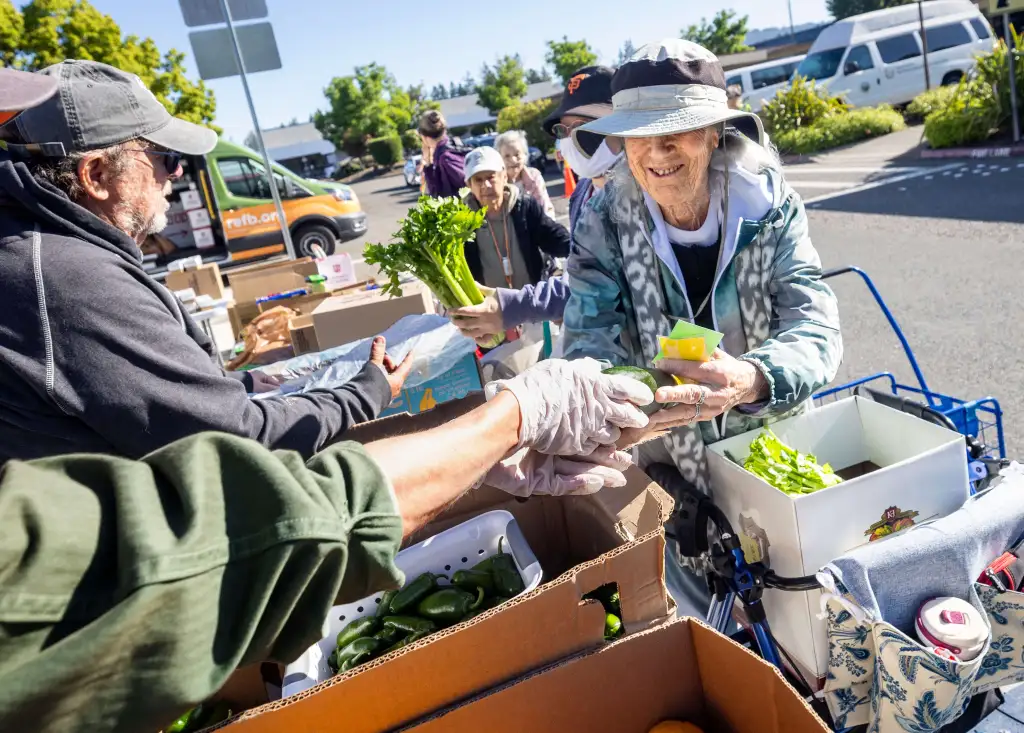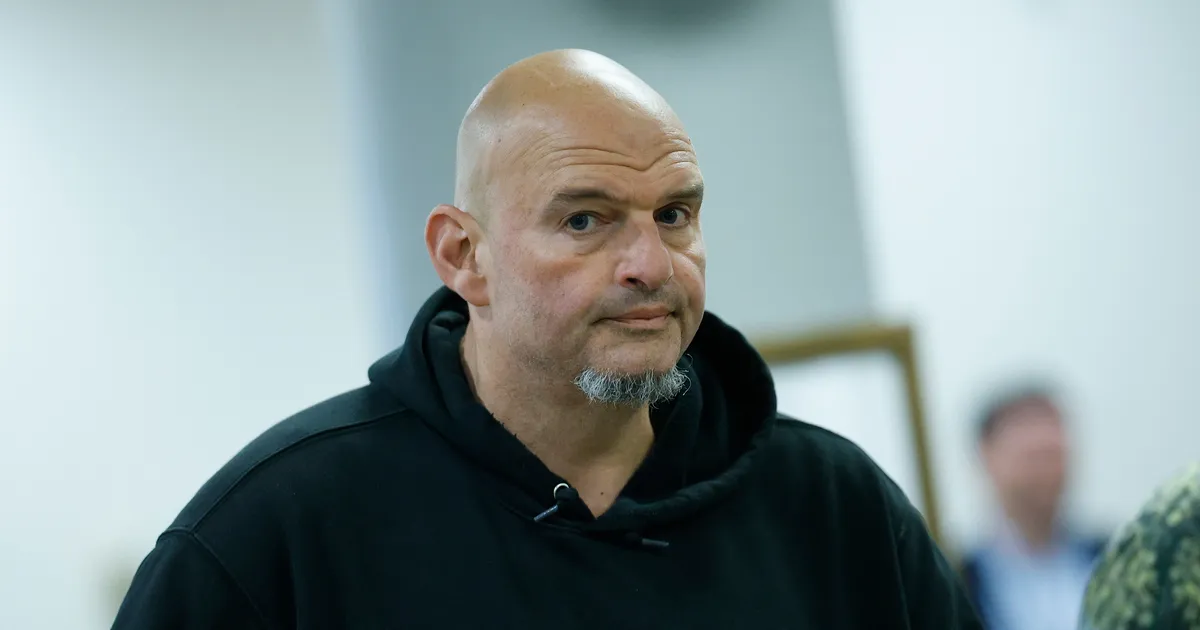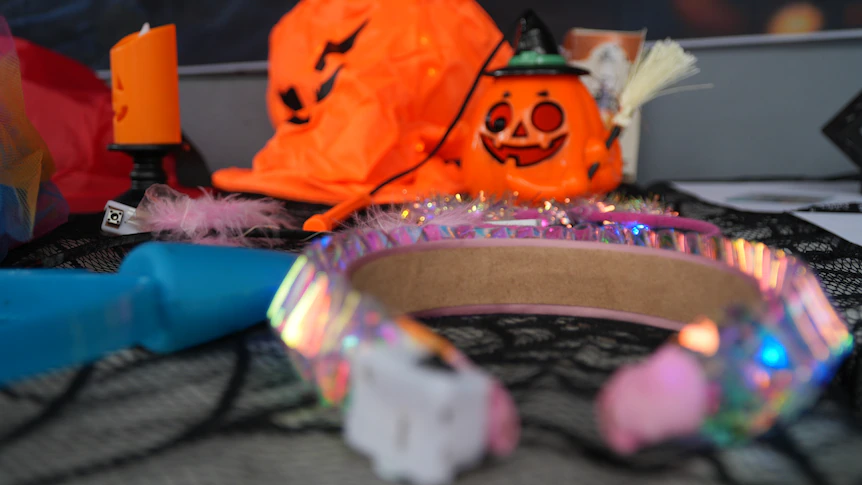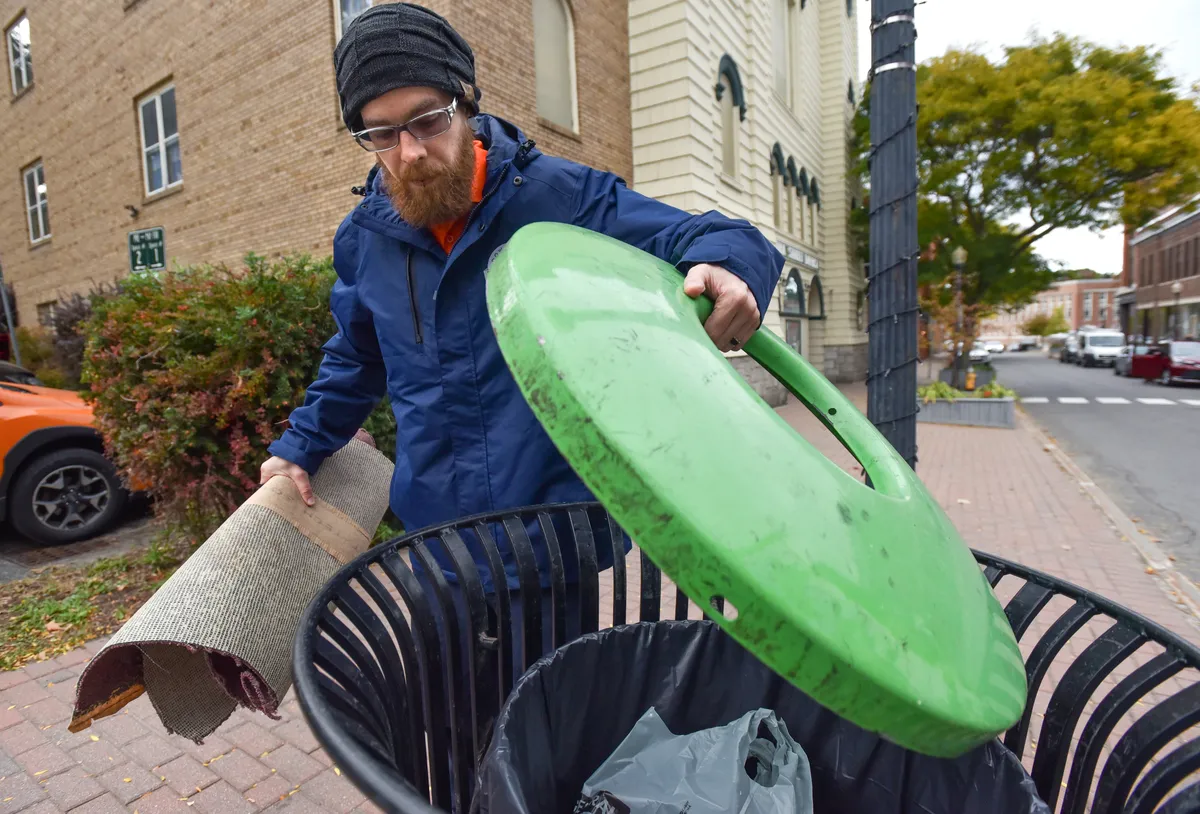Copyright Hartford Courant
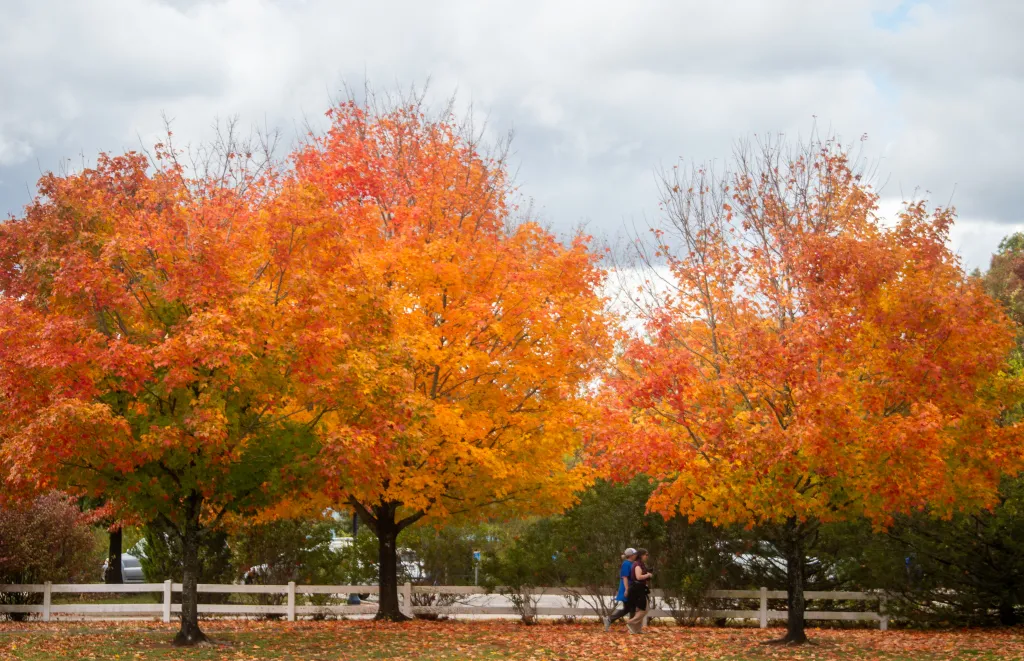
It’s an issue where both sides stand their ground. Glastonbury voters will decide Tuesday on whether new artificial turf fields belong in their community following months of debate that mirrored recent divides in Norwalk, Wethersfield, Fairfield and other Connecticut towns. A ballot question on Election Day will let voters decide whether to block the town from installing any new artificial turf fields in parks, at schools or on any other public properties. Similar to other communities where artificial turf became a controversy in recent years, Glastonbury is split by two groups: Recreation and youth sports leagues that contend artificial turf is safe and financially sustainable, and people opposing it as dangerous to players and the environment. Both sides have launched social media campaigns lobbying voters to either approve or reject Question 3, which asks whether Glastonbury should permit artificial grass fields in public places. It makes a single exception for the high school’s turf field, which is already in place. The Glastonbury Youth Football Association and the Glastonbury Friends of Football are encouraging a “no” vote, and other sports boosters in town contend recreation and youth leagues are constrained by having too few fields available — especially after heavy rains that make natural grass fields problematic. They argue that there’s no reliable evidence suggesting grass fields are safer or more environmentally friendly, especially since grass fields require pesticides and extensive watering. Resident Kevin Dougherty is among the most outspoken critics of the proposed ban, saying it would hurt local youth sports teams for no good reason. “For the sake of current and future Glastonbury student athletes and athletic programs, vote ‘no’ to preserve the option for better athletic facilities,” Dougherty wrote in a widely circulated Facebook post. “Our current fields cannot support local athletic demand; more turf fields mean expanded access and longer-lasting surfaces. It takes four grass fields to support the hours played on one artificial turf field.” Synthetic turf proponents argue that they’re far more versatile since they can be used year-round and are more cost-effective because they don’t need frequent maintenance. On the opposite side is the Glastonbury Grassroots Coalition, an advocacy group looking to pass the referendum, and the nonprofit TALK social justice organization. They argue that environmental, cost, health and safety concerns favor natural grass fields, saying “plastic grass gets much hotter than natural turf, anywhere between 35 to 55 degrees hotter. Children have a much more difficult time with excess heat.” Dan Boughton, a strong advocate for a “yes” vote, said it’s important residents understand the referendum isn’t against local sports. “Our team also advocates for organic athletic fields. These fields have been tried and tested in many towns on Martha’s Vineyard along with the communities of Springfield, MA and Marblehead, MA,” Boughton said. “Glastonbury has a strong sports community with many very successful teams that frequently go far in statewide competition. The Glastonbury Grassroots Coalition supports our athletes and they deserve to have good high quality venues to play on,” he said. “We urge the voters of Glastonbury to vote ‘yes’ on question three to ban plastic grass, and then as a community we can work together to provide organic athletic fields which will better serve our youth, our athletes, the taxpayers and the environment.”
